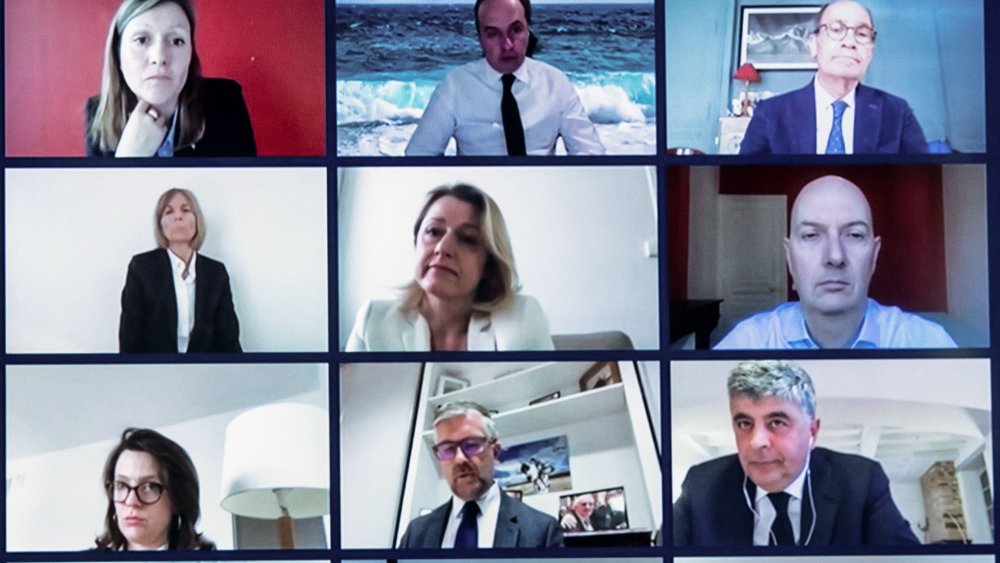The Real Reason You Should Reconsider Using Zoom
As the pandemic continues, and with "social distancing" expertly positioning itself as 2020's Merriam Webster Word of the Year, companies and schools have turned to teleconferencing with unprecedented interest. At the forefront of this movement has been Zoom, the video calling service which, while already widespread, experienced a meteoric rise to the top of the Android and Apple app stores once the world started sheltering in place.
Now, cyber security experts are advising against the use of the program, citing serious concerns over vulnerabilities in the software. The issue of particular concern is called "Zoombombing," wherein uninvited guests force their way into a video conference. NPR reports that the FBI has even gotten involved, with their Boston headquarters releasing a statement on March 30th cautioning consumers against the use of Zoom, stating "The FBI has received multiple reports of conferences being disrupted by pornographic and/or hate images and threatening language."
Okay, zoomer
Zoombombing is relatively simple, thanks to Zoom's method of setting up video calls. Each call is assigned a nine to eleven digit identification number, which the Verge points out can be easily guessed or cracked.
This lapse in security is far from the first controversy to hit Zoom. TechCrunch reports that in 2019, Apple was forced to push a silent update to the program after it was discovered that Zoom software installed an easily hackable web server onto users' computers, making it possible for malicious websites to take over their built-in cameras. They are currently the subject of a New York attorney general investigation into privacy practices, thanks to a since-discontinued habit of sending user information to Facebook, even when the user did not possess a Facebook account, according to the New York Times. And then there was the Consumer Reports investigation, which found that Zoom's privacy policy "allowed the company to collect information from users' meetings" for targeted advertising and "other business purposes." They've since amended the policy.
The good news is that the Boston, Massachusetts-based children's PBS television series of the same name remains, to the best of anyone's knowledge, relatively risk-free.

